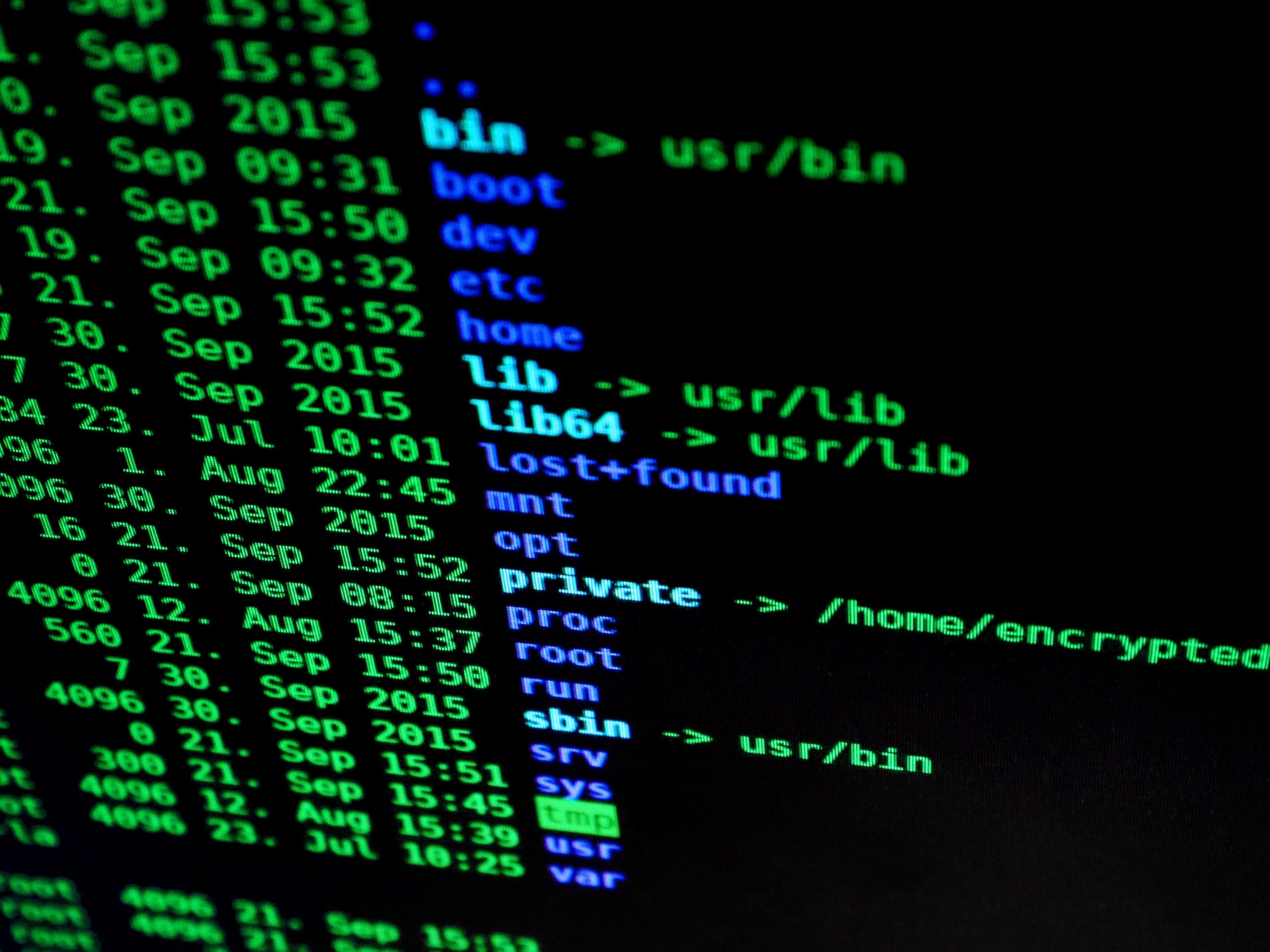
by medicaltechont | Mar 19, 2022 | Cloud, data, hackers, Privacy
Thousands of databases stored in the cloud have been found to be unprotected and exposed to anyone with a browser. These mobile applications ranged from 10 000 or more downloads to 10 million or more downloads, and sensitive data exposed included personal family photos, token IDs on a healthcare applications, data from crypto-currency exchange platforms and more.
Lotem Finkelsteen, head of Threat Intelligence and Research at Check Point Software, says his team found the exposed databases by using Google’s free online tool VirusTotal, which analyses files and URLs to detect viruses, trojans, and other forms of malware.
The amount of data that sits openly and that is available to anyone on the cloud is crazy. It is much easier to breach than we think.
Click here to read more.

by medicaltechont | Mar 7, 2022 | Cloud, Electronic Medical Records, hackers, Healthcare, Hospitals
Mon Health discovered the second data security incident on December 18, 2021, when it detected unusual network activity. After the discovery, Mon Health disabled a “significant portion” of its IT network and initiated downtime procedures.
The breach did not involve Mon Health’s EHR systems. Still, it potentially exposed the names, addresses, Medicare claim numbers, Social Security numbers, birth dates, health insurance plan member ID numbers, dates of service, patient account numbers, medical information, and health plan enrollment status of some patients, providers, employees, and contractors.
Mon Health discovered the second data security incident on December 18, 2021, when it detected unusual network activity. After the discovery, Mon Health disabled a “significant portion” of its IT network and initiated downtime procedures.
The breach did not involve Mon Health’s EHR systems. Still, it potentially exposed the names, addresses, Medicare claim numbers, Social Security numbers, birth dates, health insurance plan member ID numbers, dates of service, patient account numbers, medical information, and health plan enrollment status of some patients, providers, employees, and contractors.
Click here to read more.

by medicaltechont | Feb 28, 2022 | Cloud, data, Electronic Medical Records, hackers
Hacking incidents still dominate the major health data breaches being reported to the U.S. Department of Health and Human Services in the first months of 2022 by far, with only one other type of breach appearing on the federal tally so far this year.
McQuiggan counseled all organizations, including healthcare providers, to reduce the risk of compromise by investing in their employees and providing an engaging cybersecurity training program that will help them spot social engineering scams, such as phishing emails.
“Organizations that suffer a data breach discover the costs to recover have a significant financial impact,”
Click here to read more.

by medicaltechont | Mar 6, 2017 | hackers, Healthcare, Hospitals, Medical Records, Security
HACKED MEDICAL DEVICES make for scary headlines. Dick Cheney ordered changes to his pacemaker to better protect it from hackers. Johnson & Johnson warned customers about a security bug in one of its insulin pumps last fall. And St. Jude has spent months dealing with the fallout of vulnerabilities in some of the company’s defibrillators, pacemakers, and other medical electronics. You’d think by now medical device companies would have learned something about security reform. Experts warn they haven’t.
Read more at https://www.wired.com/2017/03/medical-devices-next-security-nightmare/

by medicaltechont | Apr 27, 2016 | eHealth, EHR, hackers, Privacy, Security, Software
The growing concern with ransomware attacks at hospitals is provisionally a healthcare IT problem, but as the number of such attacks grows, it will quickly become a financial one as well.
Just a single ransom sum has been disclosed: Hollywood Presbyterian Medical Center in Los Angeles paid the equivalent of about $17,000 in bitcoin to free up its computer systems last month.
That may not have been a wise move: Steve King, chief operating officer with Netswitch Technology Management, a Northern California consulting firm that focuses on healthcare IT and security issues, told me last month that paying ransoms would set a precedent that would embolden hackers looking for paydays.
“The more they comply with these ransom demands, the more frequently we’re going to get these kinds of attacks,” King told me. He suggested it might be preferable for some hospitals to simply replace their existing IT systems than succumb to ransoms.
Read more at http://www.fiercehealthfinance.com/story/ransomware-attacks-hospitals-need-weigh-bottom-line-or-just-take-some-basic/2016-03-28






